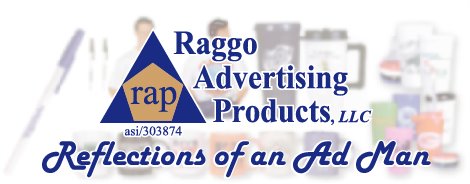Well...so much for resolutions, eh? I resolved at the beginning of this year not to let this blog thing go unattended for long stretches of time. For those of you who are counting, it has indeed been about 4 months without an entry. Time flies, doesn't it? I suppose that all new habits need refocusing and readjusting occasionally. Thank you to
Jim, the
web guy extraordinaire in my
Wednesday Leadshare Group, for holding me accountable and reminding me that blogging is an everyday (or at least an every week) thing.
Perhaps I would have an easier time blogging if I focused on products instead of me. We will try that.
Nowadays, many consumers are thinking about the ways that their buying choices effect the environment. Businesses are no different, but in the business world it becomes more of an economic issue rather than a political one. In this time of tightening budgets, for instance, most businesses are taking steps to reduce expenses. These can be as simple as replacing old light bulbs with new,
energy efficient ones.

(Available with your imprint). More proactive measures might include encouraging customers to bring their own
shopping bags, or asking if they even need a bag, instituting a telework program or giving incentives to carpoolers. These are simple measures, but added together they can help to reduce costs on both the corporate wallet, and on the environment.
You might have taken steps in your own life to become environmentally-responsible even though you weren’t trying. After all, reducing waste and consuming fewer resources ought to have an economic benefit of some sort. Perhaps, in an attempt to lower your printing costs, you have begun to recycle ink jet or toner cartridges in your business. Maybe you chose energy efficient appliances, bought some of those colorful tote bags from the grocery store or you even replaced a few bulbs in your own house with those long-lasting ones.
Whether or not you are personally concerned with such things, many of your customers likely are. To address both your promotional need and their environmental sensibilities, advertising products are popping up everyday claiming the mantle of ‘environmental responsibility’. There are more than
36000 products from over 500 manufacturers in our database that claim to be environmentally friendly. Before we go any further, though, let’s take a look at the term “environmentally-responsible.” Loosely defined, environmentally-responsible people examine their habits and work toward living a life that creates less waste, consumes fewer natural resources and attempts to reduce any negative impact that their actions have on the environment. It would follow then that environmentally-responsible products either create less waste, consume fewer resources or are less environmentally destructive than their non-environmentally-responsible counterparts. Simply stated they are either
1)
recyclable,
reusable,
biodegradable or somehow do not end up in a land fill or degrade quickly when they do,
2)
sustainable,
renewable,
organic, or at least does no harm to the environment when produced, or they are
3) produced from
recycled materials.
Some of the products we offer fit only one category. Some however fit into all three of the categories above. One that does fit all three is the wire-bound
Ecomaxx monthly planner from Payne Publishers.

It is made from
100% recycled paper, the cover is
100% recycled coverstock,
30% post consumer (PCW) fiber, the wire binding is
90% recycled wire, and it is
100% chlorine free (PCF). So, it is biodegradable (#1 above), does not use harsh chemicals (Chlorine) when produced (#2 above) and is made from recycled everything (#3 above). Additionally, there are ecological "green tips" each page and if you order before July 30, you get a 10% discount. All this
AND your ad gets daily exposure. Sounds like a home run do me. A
weekly version is also available if you prefer that format.
More 'home run' eco-friendly products next time.
Steve



